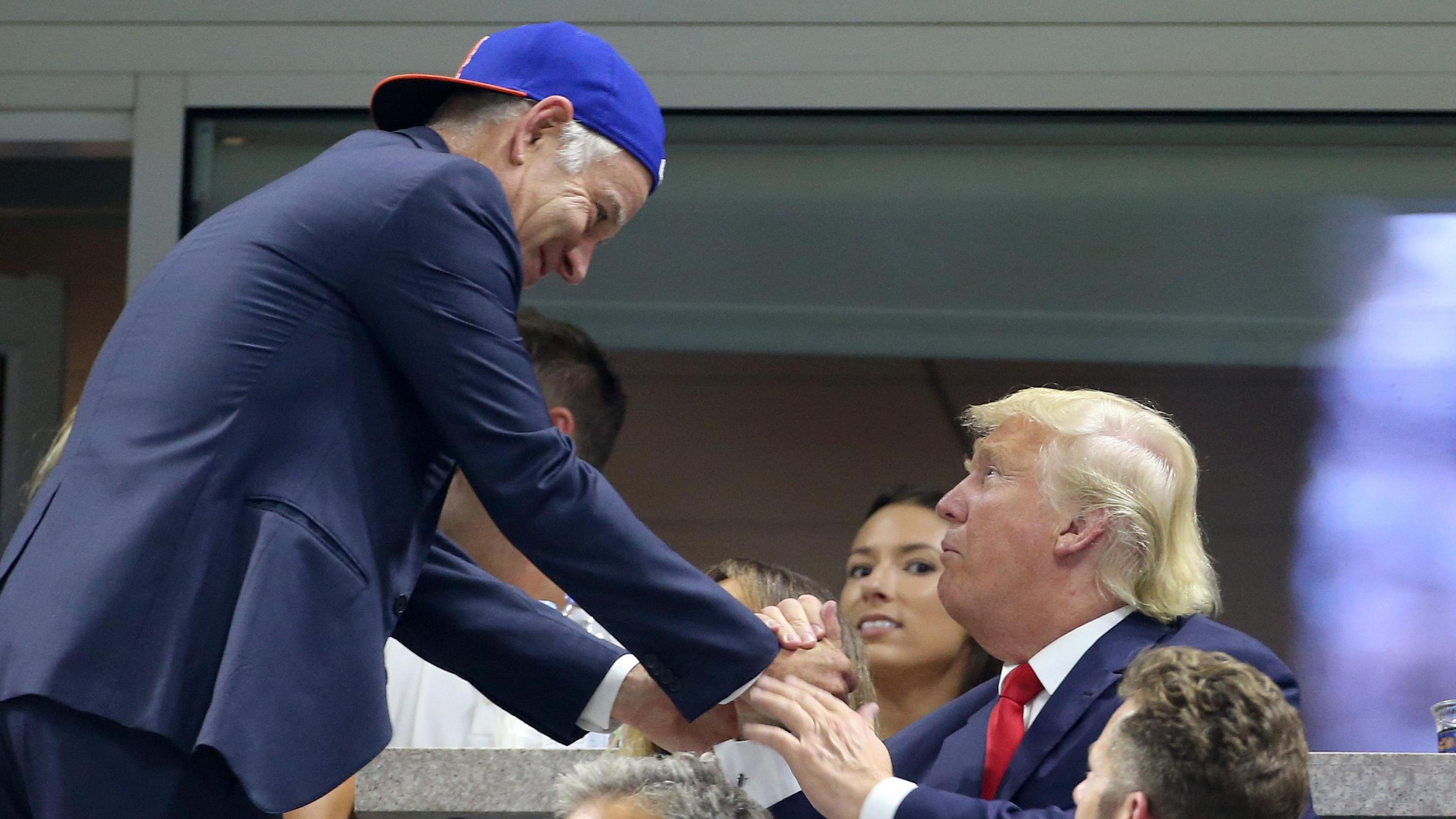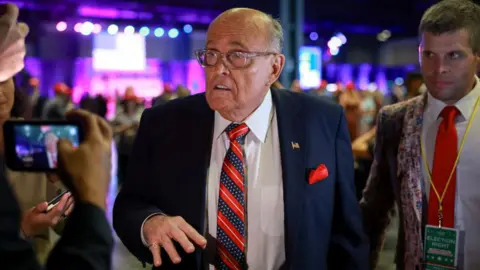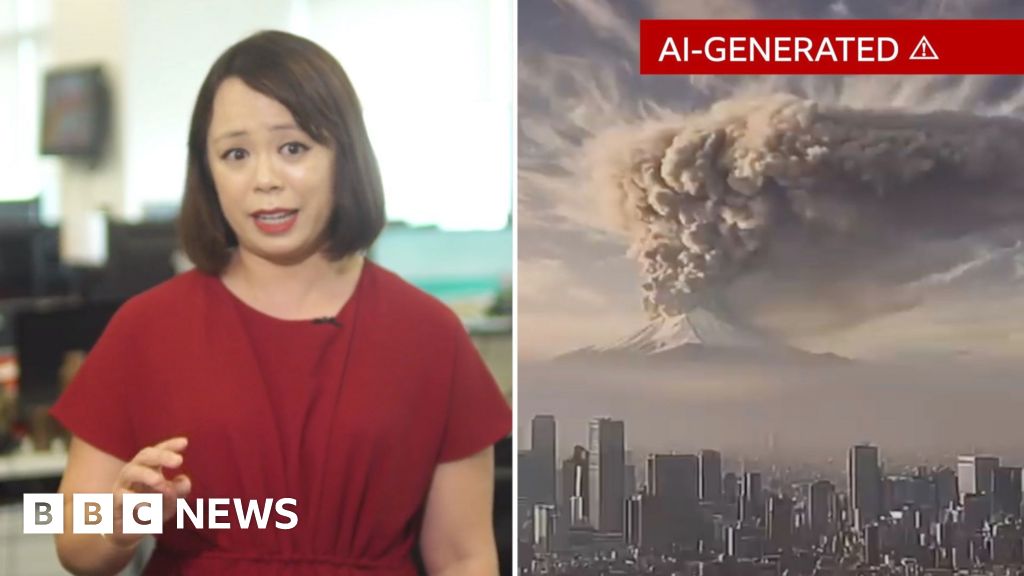A New York federal judge has authorized a significant class action lawsuit brought forth by voice-over artists Paul Skye Lehrman and Linnea Sage against the AI company Lovo. While the judge dismissed claims regarding federal copyright infringement, the artists' assertions of breach of contract and deceptive business practices, along with separate claims over unauthorized use of their voices in the company's AI training dataset, will continue in court.
Lovo Inc., headquartered in California, sought to have the lawsuit dismissed entirely, claiming the artists' allegations were unfounded. However, the ruling follows an increasing number of cases from artists claiming that their work has been misappropriated to train AI models. According to the artists’ attorney, Steve Cohen, this marks a notable win for clients pursuing accountability from tech giants.
The artists, who are based in New York City, alleged they were approached separately by Lovo representatives for voice-over work through Fiverr, receiving payments of $1200 and $800 respectively. They later discovered that their voice samples had been used without their knowledge, leading to an unsettling revelation during a car ride. Hearing an AI-generated voice similar to Lehrman's was disconcerting, especially since it was discussing the looming threat of AI to the entertainment industry.
Upon further investigation, they found clones of their voices, labeled as Kyle Snow and Sally Coleman, accessible to Lovo subscribers and even discovered Sage's voice in a promotional video for the platform. Subsequently, Lovo claimed that the voices did not gain traction and removed them from their offerings. The case is now poised to proceed in the US District Court in Manhattan, marking a crucial step in the ongoing debate over intellectual property rights in the age of artificial intelligence.




















